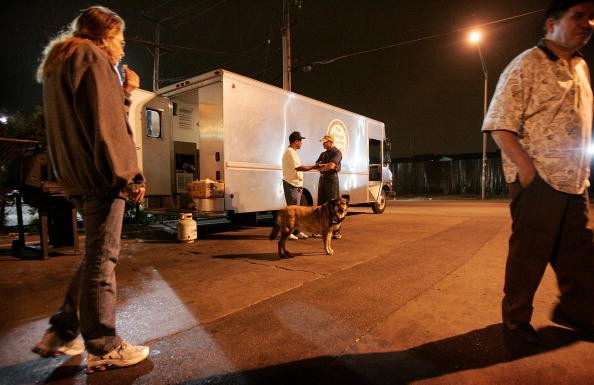
Health officials in Scott County, IN, say that the number of new cases of human immunodeficiency virus (HIV)-the virus that causes AIDS-has fallen. The epidemic of HIV cases are due to the abuse of intravenous prescription drugs in southern Indiana.
The rapid rise of new HIV cases in Scott County started late in 2014. There have been 170 cases of HIV in that county since December. The normal number of new cases there is generally less than five a year. In late April there was a peak of 23 new cases in a week.
Eighty-five percent of the people with HIV have tested positive for hepatitis C, another disease spread through sharing hypodermic needles.
Indiana has a law against setting up a needle exchange program where intravenous drug users can obtain sterile hypodermic needles. Because of the HIV epidemic, Governor Mike Pence signed an order to allow a needle exchange in Scott County.
A needle exchange may also be allowed in Madison County, IN, where there has been a spike in cases of hepatitis C. There were 130 cases of hepatitis C diagnosed in Madison County in 2014, which is double the number that were diagnosed there in 2013. Hepatitis C epidemics are often seen as a precursor to HIV epidemics. Madison County is northeast of Indianapolis.
Even with the HIV epidemic abating, health officials in Indiana have their hands full. The people who have become infected with HIV must be treated and educated about the risk of infecting other people. People with HIV have to take medications for the rest of their lives to hold the virus in check. IV drug users also need to be educated about the risks of disease transmission from sharing needles. Drug users who have not contracted HIV or hepatitis C need to be educated on ways to protect themselves and the people around them.



